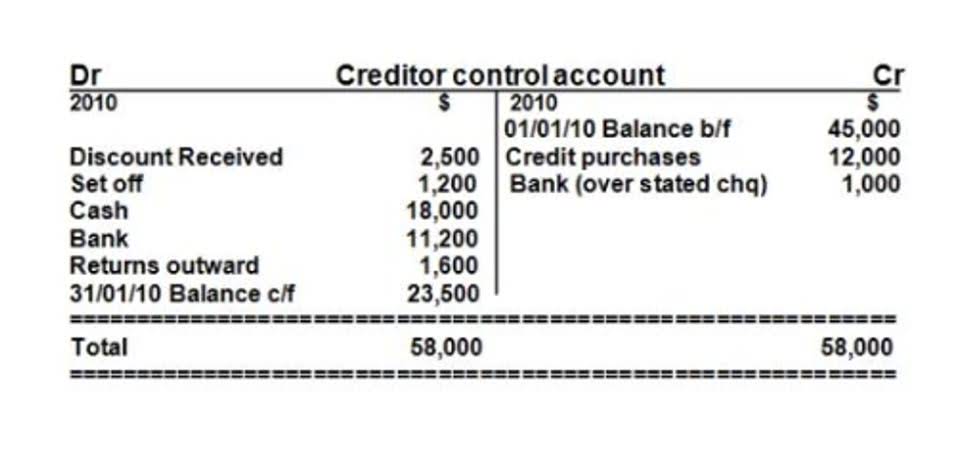Blockchain in Accounting: Impact, Advantages, Examples

In blockchain, all parties share the same source of truth, reducing the likelihood of errors and disputes. As with any new technology, CPAs will need to acquire new technical skills to process, review, and audit transactions in a blockchain, the details of which will depend upon the services provided. Transactions take time to process and cost money; they are not validated by all parties due to limited network participation, and they are prone to error and vulnerable to hacking. To process transactions in a traditional network structure also requires technical skills. Some critics see these virtual currencies as speculative assets, while others suggest they are good investments.

Better transparency

Fig 3 illustrates the data trends of different types of financial accounting information-sharing models in terms of information-sharing efficiency. The United Nations World Food Programme (WFP) employed blockchain to provide identity verification for refugees. By storing biometric data on a blockchain, refugees gained secure access to food distributions without the need for physical documents. The blockchain enables the implementation of a system of accounting that requires transaction verification Catch Up Bookkeeping from a neutral third party.
- Industries like supply chain management benefit from real-time tracking, reducing inefficiencies and enhancing overall operational transparency.
- This important feature has made cryptocurrencies stand out as a means of virtual exchange of value to date.
- Decision-making power usually resides with a central authority, who decides in all aspects of the environment.
- Through smart contracts accountants could also implement control procedures and certain transaction verification procedures (Dai & Vasarhelyi, 2017).
- To some, blockchain represents a “movement” rather than a technology and describes migration to blockchain technology as a form of risk mitigation to avoid technological obsolescence.
What is the Role of Blockchain in Accounting?

The net effect of this rapidly increased usage of blockchain in financial transactions has created a huge demand for interpreting and understanding tax effects of blockchain-related transactions. However, private keys could be lost, which makes them untraceable and holders thereof would lose the benefits. Private keys could also be stolen or hacked outside the blockchain system; thus secure safekeeping and storage of the private keys by holders and other participants is needed. Has more than 20 years of experience in internal audit and accountingincluding financial, operational, compliance, and information andtechnology audit.
- Additionally, the decentralized nature of blockchain reduces the reliance on intermediaries, which not only streamlines processes but also lowers costs.
- This indicates the limitations of TESM in terms of data security, as it remains at a relatively low level.
- The development of universally accepted standards will promote the seamless exchange of financial data, simplifying the process for multinational corporations and reducing the complexity of cross-border transactions.
- As the technology matures, accountants who embrace blockchain stand to benefit from streamlined processes, improved data accuracy, and an elevated role as trusted financial advisors in an evolving digital landscape.
- Certain services may not be available to attest clients under the rules and regulations of public accounting.
- Along with data analytics and machine learning, the blockchain will make some more tedious tasks easy to automate, but accountants will be needed to ensure accuracy and provide the analysis of the information their employers or clients need.
Security and Privacy Considerations
Evidently, the BFSA model excels in financial accounting information-sharing costs, followed by NPSM, with TESM having relatively higher costs. This underscores the superior cost-effectiveness of the BFSA model over traditional email and network platform sharing methods. Ripple, a blockchain technology company, collaborated with financial institutions to streamline cross-border payments. Santander, a major bank, used Ripple’s platform to enable instant, low-cost transfers between the UK and Spain. This case demonstrates how blockchain eliminates intermediaries, accelerates transactions, and reduces costs in cross-border remittances. By recording each step of a product’s journey on a shared ledger, they minimized the time required to track the source of contaminated food, improving consumer safety.
Global Standardization of Blockchain Accounting Practices
Our Advanced Technology Blogs cover a range of topics related to Blockchain, offering valuable resources, best practices, and industry insights. Whether you are a beginner or looking to advance your knowledge on Blockchain, The Knowledge Academy’s diverse courses and informative blogs have you covered. The Knowledge Academy takes global learning to new heights, offering over 3,000 online courses across 490+ locations in 190+ countries. Blockchain Accounting demands a skilled workforce in technology, cryptography, and contracts. Overcoming the talent gap is vital, necessitating targeted training or blockchain in accounting hiring to handle Blockchain’s complexities. Explore the 2025 Netherlands BPO market and its size, key trends, challenges, and growth outlook with insights on technology, nearshoring, and compliance.

Products and services
- Blockchain technology, in particular, is a transforming force to ensure financial data integrity and eliminate the risk of tempering using its decentralized ledger system.
- The benefit of blockchain technology is that the information could be shared among different stakeholders (Kinory et al., 2020).
- Automated smart contracts streamline audit procedures, triggering actions based on predefined conditions.
- However, no indication exists that the preparation of financial statements based on the double-entry system will change.
- Another accounting aspect that blockchain haschanged is related to the delivery of goods andservices to customers.
Every transaction is attached to the previous transaction in sequential order, creating retained earnings balance sheet a chain of transactions (or blocks). Explore how blockchain technology is transforming accounting with enhanced transparency, efficiency, and real-time financial insights. Technology is pivotal in Blockchain Accounting, offering unbreakable security and transparent record-keeping. Accountants must adapt to these tech-driven changes, which promise more strategic roles and less focus on traditional bookkeeping.
